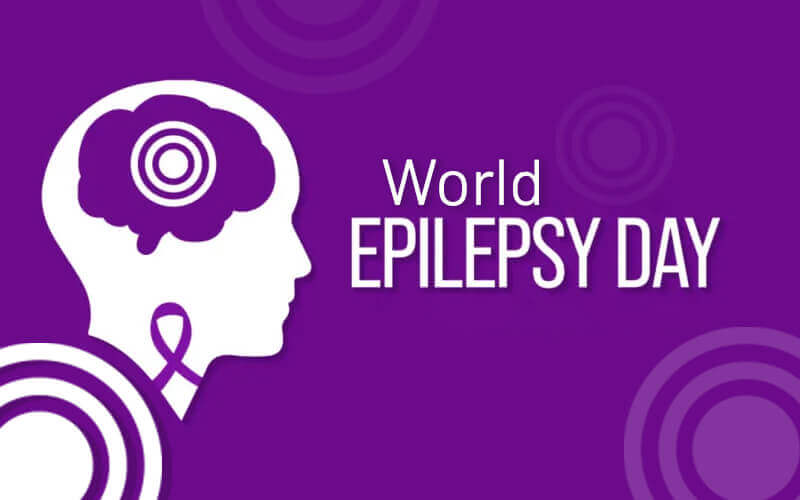Women, young adults more prone to anxiety: study
Tue 07 Jun 2016, 12:01:10
Women are almost twice as likely to experience anxiety as men, according to a new Cambridge study which also found that young individuals - both male and female - under 35 years of age are more affected by the disorder.
The study also found that people from Western Europe and North America are more likely to suffer from anxiety than people from other cultures.
Researchers from University of Cambridge in the UK highlighted how anxiety disorders often provide a double burden on people experiencing other health-related problems, such as heart disease, cancer and even pregnancy. Out of over 1,200 reviews, researchers identified 48 reviews that matched their criteria for inclusion.
Between 1990 and 2010, the overall proportion of people affected remained largely unchanged, with around four out of every 100 experiencing anxiety.
The highest proportion of people with anxiety is in North America, where almost eight out of every 100 people are affected; the proportion is lowest in East Asia, where less than three in 100 people have this mental health problem, researchers said.
Women are almost twice as likely to be affected as men, and young individuals – both male and female – under 35 years of age are disproportionately affected, they said.
Researchers also found that people with other health conditions are often far more likely to also
experience anxiety disorders. For example, around one in ten adults (10.9 per cent) with cardiovascular disease and living in Western countries are affected by generalised anxiety disorder, with women showing higher anxiety levels than men, researchers said.
experience anxiety disorders. For example, around one in ten adults (10.9 per cent) with cardiovascular disease and living in Western countries are affected by generalised anxiety disorder, with women showing higher anxiety levels than men, researchers said.
People living with multiple sclerosis are most affected - as many as one in three patients (32 per cent) also have an anxiety disorder, they said. "By collecting all these data together, we see that these disorders are common across all groups, but women and young people are disproportionately affected," said Olivia Remes from University of Cambridge.
"Also, people who have a chronic health condition are at a particular risk, adding a double burden on their lives," said Remes.
Obsessive compulsive disorder (OCD) - which is an anxiety disorder characterised by obsessions and compulsions - was found to be a problem in pregnant women and in the period immediately after birth, researchers said.
In the general population, only one in a hundred people are affected by OCD, but the proportion with the disorder was double in pregnant women and slightly higher in post-partum women.
"Anxiety disorders affect a lot of people and can lead to impairment, disability, and risk of suicide," said Louise Lafortune from Cambridge.
The findings were published in the journal Brain and Behaviour.
No Comments For This Post, Be first to write a Comment.
Most viewed from Health
AIMIM News
Latest Urdu News
Most Viewed
May 26, 2020
Do you think Canada-India relations will improve under New PM Mark Carney?
Latest Videos View All
Like Us
Home
About Us
Advertise With Us
All Polls
Epaper Archives
Privacy Policy
Contact Us
Download Etemaad App
© 2025 Etemaad Daily News, All Rights Reserved.






.jpg)

























